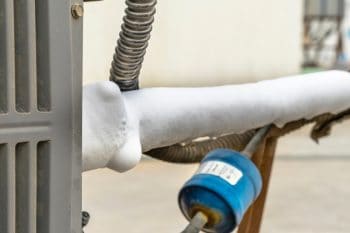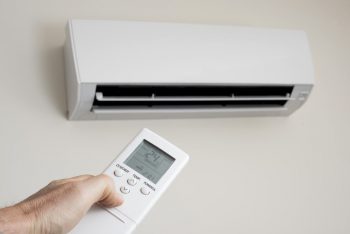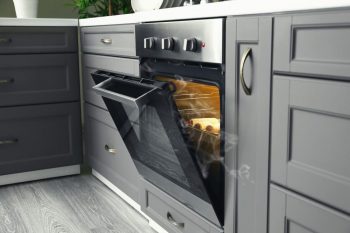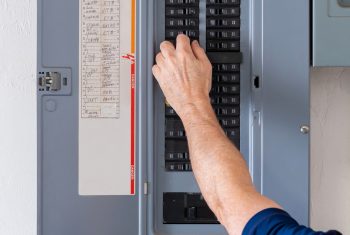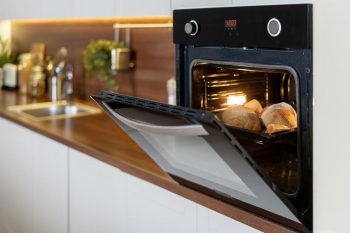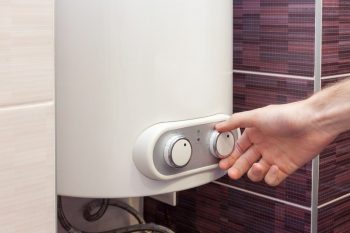
A coffee machine is a staple appliance in many households and offices worldwide. However, like any other gadget, it requires regular maintenance to keep it working optimally. One crucial part of this upkeep is descaling, which removes mineral buildup from the machine’s heating element and other components. This article will explore what you can use as a descaler for your coffee machine, including both commercial and homemade solutions.
You can use various items as a descaler for your coffee machine, including both commercial and homemade solutions. Commercial descalers like Impresa Coffee Machine Descaler or De’Longhi EcoDecalk Descaler are specifically formulated for this purpose. For homemade solutions, you can use white vinegar, citric acid, lemon juice, or baking soda mixed with water. Regardless of the method you choose, always rinse the machine thoroughly after descaling to remove any residue.
The Importance of Descaling Your Coffee Machine
Descaling is necessary for maintaining the optimal performance and longevity of your coffee machine. Over time, water containing minerals like calcium and magnesium passes through the coffee machine during the brewing process, leading to a buildup known as limescale. This buildup can clog water flow, cause the machine to stop working, and negatively affect the taste and temperature of your coffee. Descaling should be done at least once every three months, or more frequently if you have hard water or notice residue building up quickly in your coffee maker.
Homemade Descaling Solutions
While there are various commercial descaling products available, you can also use common household items as a descaler for your coffee machine. Here are some options:
- White vinegar: Mix equal parts of white vinegar and water, pour it into the water reservoir, and run a brewing cycle without coffee. Rinse the machine thoroughly afterward by running a few cycles with clean water.
- Citric acid: Mix 10 grams (about 3/4 of a tablespoon) of citric acid with 1 cup of hot water, then add cold water until you reach 1 liter. Run this solution through your coffee machine’s normal descaling cycle or a regular brewing cycle without coffee.
- Lemon juice: Mix 1/4 cup of lemon juice with 1 cup of water, pour it into the water reservoir, and run a brewing cycle without coffee. Rinse the machine thoroughly afterward by running a few cycles with clean water.
- Baking soda: Dissolve 1/4 cup of baking soda in 1 liter of water, pour it into the water reservoir, and run a brewing cycle without coffee. Rinse the machine thoroughly afterward by running a few cycles with clean water.
Always follow the manufacturer’s instructions for your specific coffee machine and be aware that using some homemade descaling solutions may void the warranty.
Commercial Descaling Solutions
Commercial descalers are specifically formulated to remove mineral deposits quickly and efficiently. They usually contain one or more types of acid, similar to those found in natural descalers, and may also include bleaching agents to help remove stains. Some popular descaling solutions include Impresa Coffee Machine Descaler, De’Longhi EcoDecalk Descaler, and Urnex Dezcal Coffee and Espresso Descaler.
Commercial descalers provide consistent results, are compatible with various appliances, and can extend the life of appliances by effectively preventing mineral deposits and reducing bacteria growth. However, they are generally more expensive than homemade solutions.
Descaling Frequency
The frequency of descaling your coffee machine depends on the hardness of the water in your region and how often you use it. In general, if you brew coffee daily, you should descale your coffee maker about once a month. However, if you notice mineral buildup quickly, you may need to descale more frequently.
Conclusion
Whether you choose to use a homemade or a commercial descaling solution, regular descaling is essential for maintaining the performance and longevity of your coffee machine. Always follow the manufacturer’s instructions and rinse the machine thoroughly after descaling to ensure no residue or taste is left behind. By doing so, you can ensure that your coffee machine continues to brew delicious, hot coffee for years to come.
Frequently Asked Questions
Can I use apple cider vinegar instead of white vinegar for descaling?
Yes, you can use apple cider vinegar as a descaler for your coffee machine. However, it has a stronger smell than white vinegar, which might take longer to rinse out.
Can I use a descaler for other kitchen appliances?
Yes, descalers are not just for coffee machines. You can also use them for other appliances that heat water, like kettles and steam ovens.
How do I know if my coffee machine needs descaling?
Some coffee machines have a built-in descaling alert that will notify you when it’s time to descale. If your machine doesn’t have this feature, you should look out for signs like slower brewing time, poor coffee temperature, and unusual noises during brewing.
Can descaling damage my coffee machine?
No, descaling will not damage your coffee machine if done correctly. In fact, it helps to prolong the life of your machine by removing mineral deposits that can build up and cause damage over time.
Should I use distilled water in my coffee machine to prevent limescale buildup?
While using distilled water can reduce the buildup of limescale, it’s not necessary. Regular descaling is usually sufficient to keep your coffee machine in good condition. However, if you live in an area with hard water, using distilled or filtered water can help reduce the frequency of descaling.



